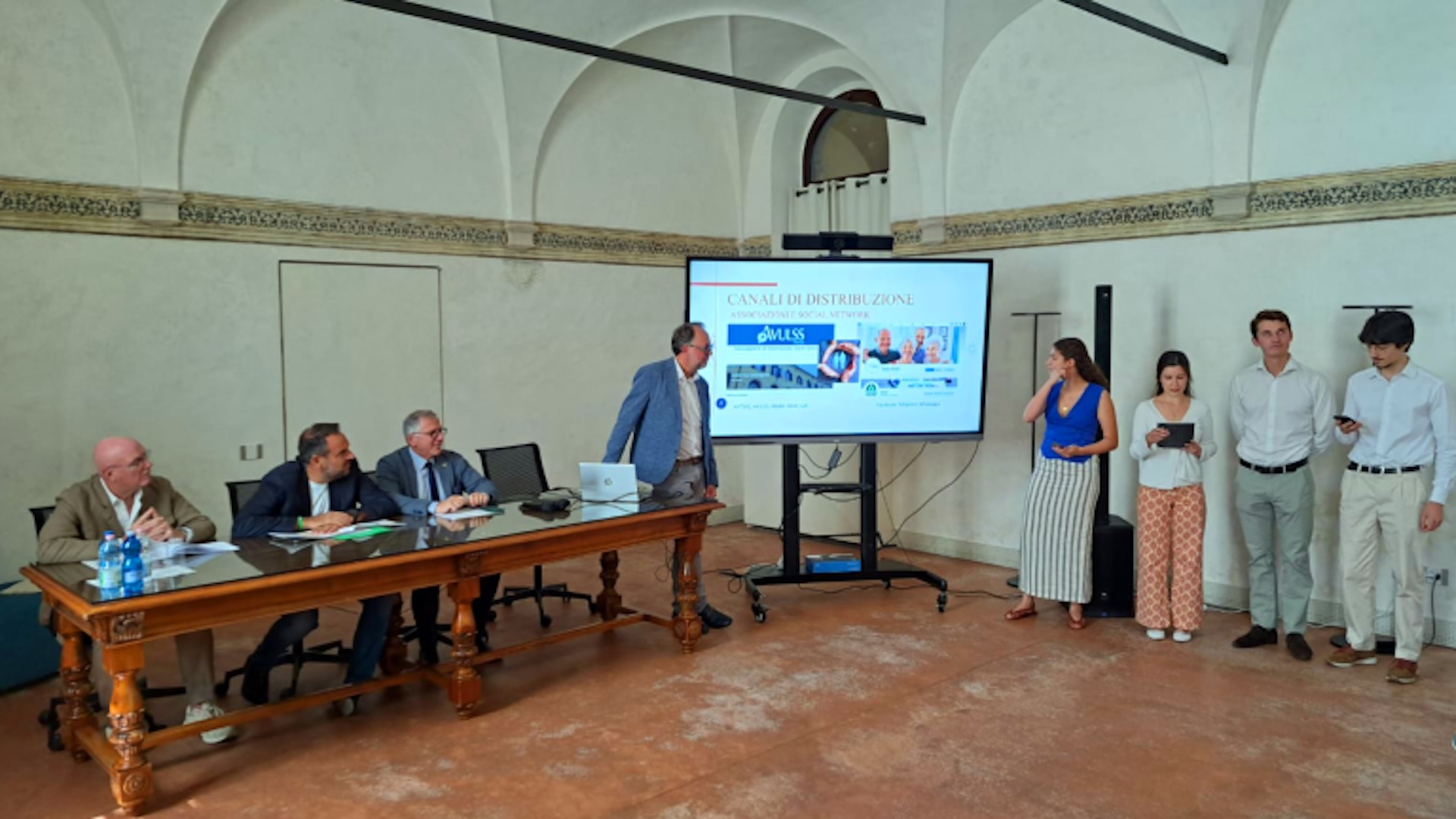RESEARCH: in the Province of Treviso
STUDY: carried out by ISRAA Treviso, IFFD, International Federation for Family Development, IPC -Facultés libres de philosophie et de psychologie, Paris,
SUPPORT: Erasmus+ programme, President of the Regional Council of the Veneto Region, Roberto Ciambetti, Mayor of Treviso, Mario Conte, President of ISRAA Mauro Michielon
CONDUCTION IPC Facultés libres de philosophie et de psychologie, Paris Students
Sixtine De Barbarin, Jean Blyt, Marie Symington and Wallerend De Maulmin,The study, conducted in July 2025 and supported by the Erasmus+ Programme, was led by ISRAA-Istituto per Servizi di Ricovero e Assistenza agli Anziani, IFFD- International Federation for Family Development, and IPC -Facultés libres de philosophie et de psychologie, Paris, in preparation for the Second World Summit for Social Development. It aimed to identify the unmet needs and living conditions of people aged 65 and over in Treviso, focusing on their social and family inclusion to inform local policies. Using a mixed-methods approach, the research combined a 24-question survey with a focus group of 20 participants. The survey, available both online and in paper form, reached seniors through associations, social media, and pharmacies. Participants were divided into three age groups (65–74, 75–84, 85+) and asked about access to services, social connections, health, finances, and technology. Data collection was anonymized and ethically managed. Findings reveal major inequalities in access to healthcare, transportation, green spaces, housing adaptations, and technology. The oldest group (85+) faces the greatest risks of isolation, financial insecurity, and lack of support. Bureaucratic complexity, digital barriers, and poor information flow make family networks the main—often unpaid—source of care. Well-being is strongly tied to health, autonomy, social engagement, and financial stability, while loneliness and poor health predict low satisfaction. Rapid digitalization is deepening the generational divide. To improve seniors’ daily lives, the report recommends better accessibility (transport, local centers, housing support), simplified administration, and AI-based assistants for communication and access to services. It also advocates intergenerational activities, awareness campaigns, and age-adapted sports to enhance inclusion and well-being. Finally, the study calls for recognition of human, altruistic care and greater social visibility for older adults.

